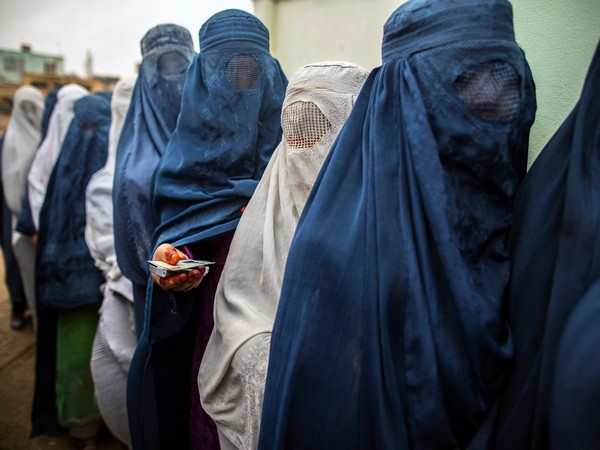Since the fall of Kabul on 15th August and the take over by the Taliban, serious questions have been raised over women security and rights in Afghanistan. Historically, the Taliban have applied strict sharia law over their subjects in Afghanistan. Sharia law is a set of Islamic rules interpreted differently by different groups. The group’s interpretation of the Quran has determined the laws. The Taliban’s interpretation of the Quran which w
as implemented over the emirate of Afghanistan in the 1990s. Women were not allowed to work or travel out of the house without a blood related male guardian. Girls were not allowed to go to school.
The Taliban regime, this time, has promised to protect women’s rights under the jurisdiction of the Quran and according to Sharia law. However, many international organizations believe that the Taliban’s rules are too harsh on its citizens, especially women, and curb their freedom.
When the Taliban took over the Afghan Capital, many residents were terrified. They believed that the independence and freedom they had received over the past 20 years were now gone. And it seems that the Taliban are changing the existing laws and bringing in more orthodox rules.
Taliban leaders in Afghanistan on Sunday gave out a new list of regulations to taxi drivers, instructing them against accepting fares from women who do not obey a strict Islamic dress code by wearing the hijab or Islamic headscarf.
The Ministry of Propagation of Virtue and Prevention of Vice also notified drivers they should not accept women who desire to travel more than 72 kilometres without a male relative. Ministry spokesman Mohammad Sadiq Akif verified the authenticity of the advisory, which was published in a pamphlet.
The ministry’s advisory also advises drivers, likely males, to grow long beards and break for prayer. In addition, the circular says they should abstain from playing music, which the Taliban considered to be un-Islamic, in their automobiles.
Since grabbing power in Afghanistan in August, the Taliban have restricted public spaces and public life for girls’ schooling. Women have not been able to return to their careers for the most part, and most secondary schools for girls have been closed.
Regional Taliban leaders have been persuaded to reopen schools for girls in some areas, but academic opportunities are overwhelmingly cut off for girls and young women. Demonstrations by women who have demanded rights have been met with brutality by the Taliban.
Last week, the Taliban pushed to destroy any remains of images showing females from public advertisements after many had preemptively concealed women’s faces on ads. The circular was spread on social media networks, weeks after the ministry asked Afghanistan’s television channels to stop showing dramas and soap operas featuring women actors. The ministry had also called on women TV journalists to wear hijabs while presenting.
The Ministry of Propagation of Virtue and Prevention of Vice became synonymous with blatant abuses when the Taliban ruled Afghanistan in the 1990s.
Activists hope that the Taliban’s struggle to gain international recognition and get aid pouring back into one of the poorest countries in the world will lead to them giving privileges to women. Vital international supporters have repeatedly cited respect for women’s rights as a condition for restoring aid. Women’s rights were severely
trimmed during the Taliban’s previous stint in power. They were then forced to wear the all-covering burqa, solely permitted to leave home with a male guardian, and barred from work and education. Women in Afghanistan can hope that the Taliban might not introduce further strict rules that curb their freedom and mobility. For now, it seems like there is nothing those women can do to stop the ones in authority.













